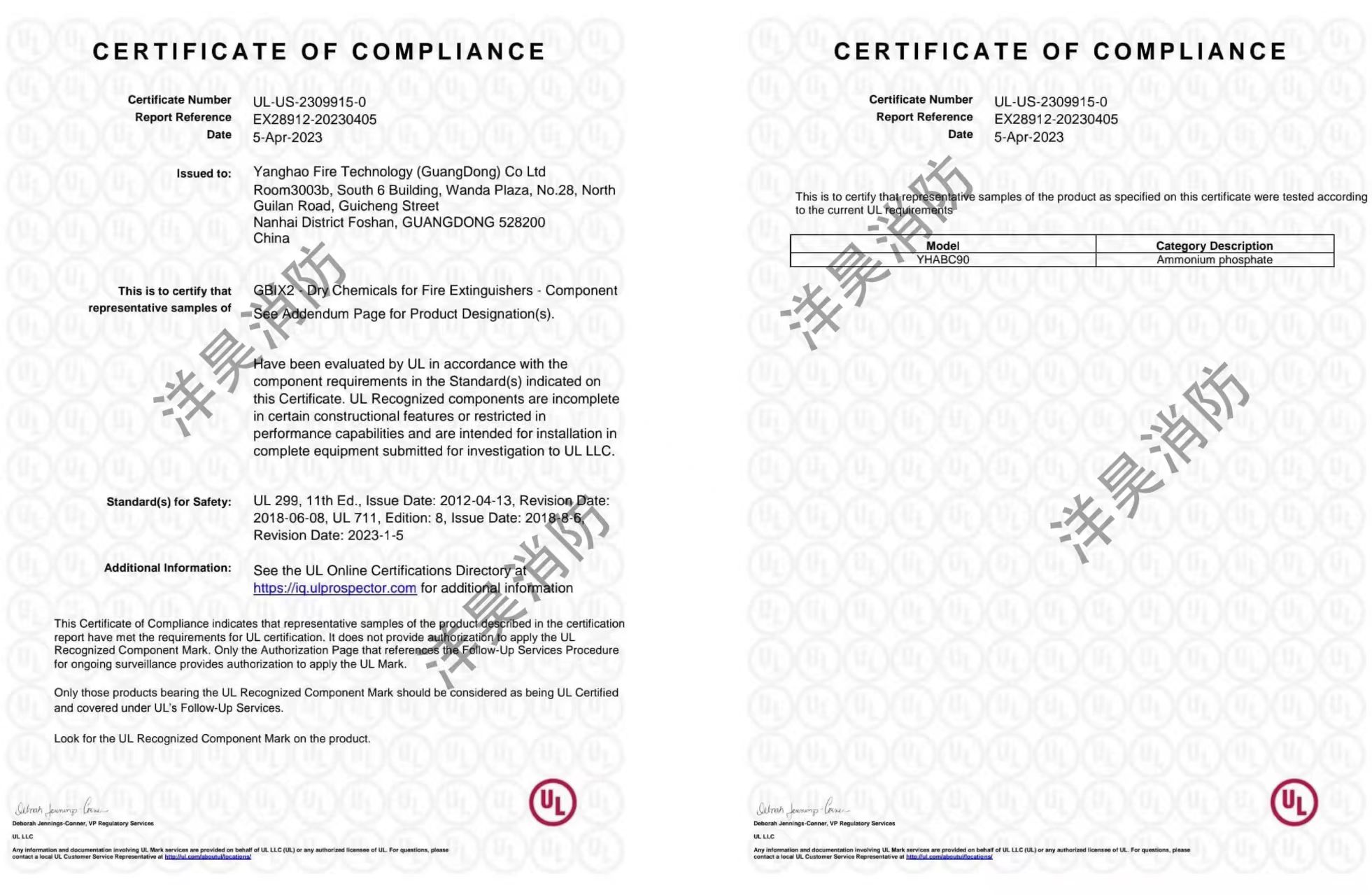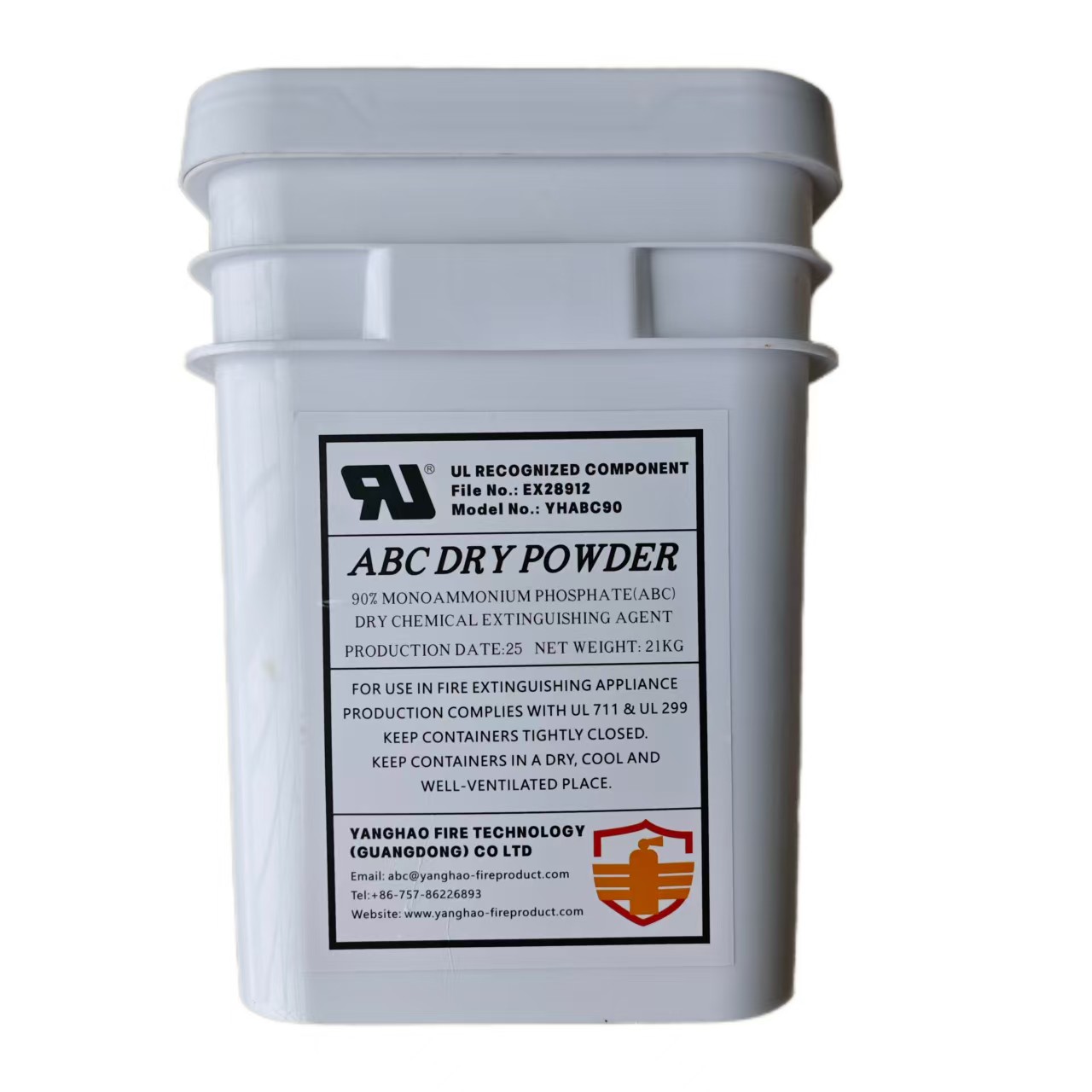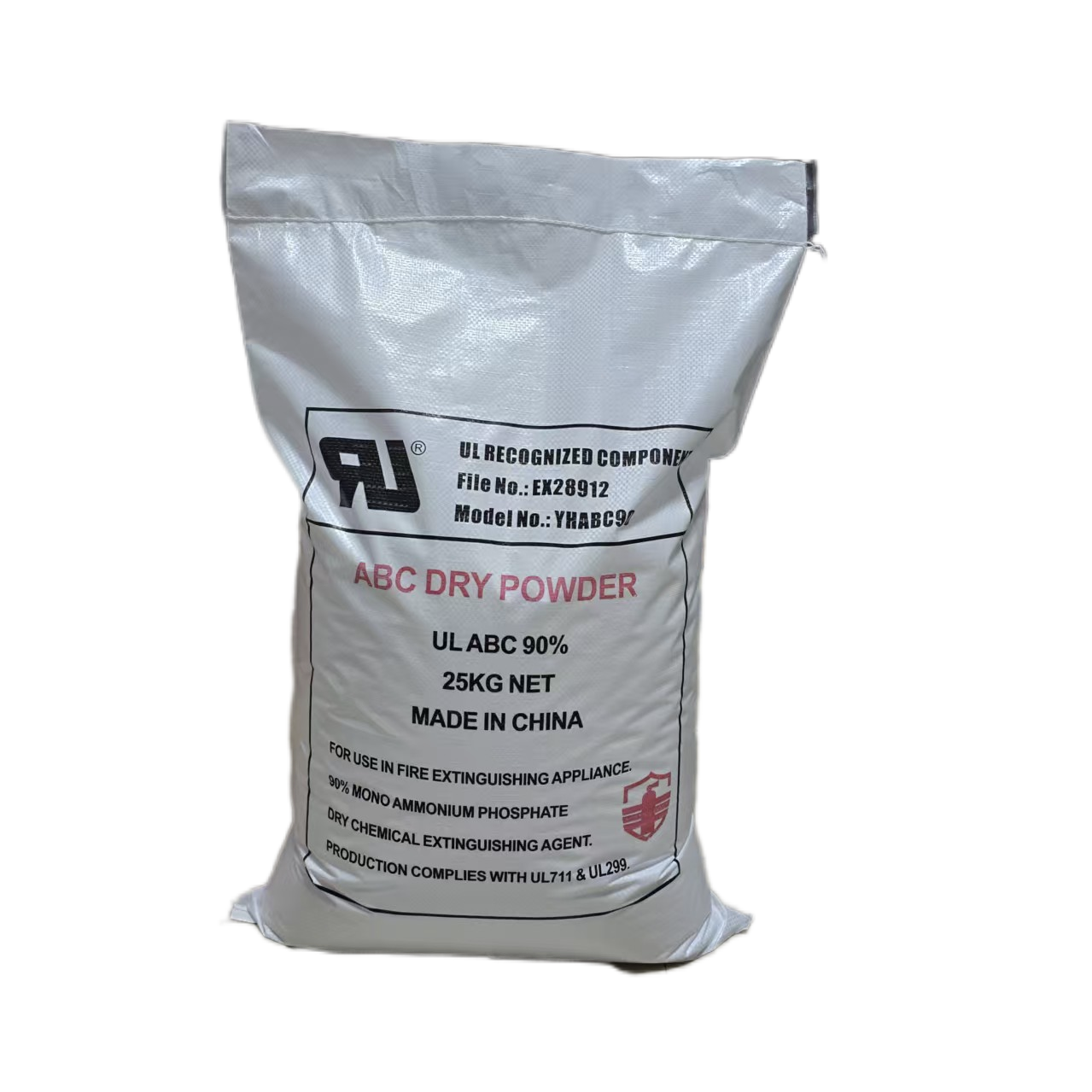Southeast Asia Fire Safety Regulations Upgrade: In-Depth Analysis of UL Certification vs. SNI Standards for ABC Dry Powder Extinguishing Agents
1. Introduction
As Southeast Asia undergoes rapid industrial growth and urban development, the demand for advanced fire safety regulation frameworks has intensified. Among various fire suppression products, the ABC dry powder firefighting agent remains one of the most versatile and widely used solutions. However, the regional adoption of standards such as UL certification (commonly recognized in North America) and the SNI standard (the Indonesian National Standard) reflects differing priorities and compliance requirements.
This blog explores the significant differences between UL certification and the SNI standard for ABC dry powder extinguishing agents, offering stakeholders a clear understanding of their implications on fire safety regulation and market access across Southeast Asia.
2. Understanding ABC Dry Powder as a Firefighting Agent
The ABC dry powder firefighting agent is designed to combat Class A (ordinary combustibles), B (flammable liquids), and C (gas) fires. Its multipurpose application makes it ideal for diverse environments, from residential spaces to industrial facilities.
Its composition typically includes monoammonium phosphate, a compound known for its smothering and flame-inhibiting capabilities. Due to this chemical structure, the ABC dry powder is not only effective but also economically viable, prompting widespread use.
3. Overview of UL Certification
UL certification is a globally recognized standard issued by Underwriters Laboratories, a U.S.-based organization that performs product safety testing. For ABC dry powder agents to be UL certified, they must pass rigorous tests for chemical composition, discharge performance, temperature tolerance, and storage stability.
Key features of UL certification include:
Stringent quality benchmarks
Testing under extreme temperature and humidity
Compliance with international fire codes
For Southeast Asian exporters or importers aiming to access markets with high safety expectations, UL certification ensures reliability and boosts consumer confidence in the firefighting agent.
4. Insights into SNI Standard
The SNI standard is Indonesia’s national benchmark for various industrial and consumer goods, including firefighting agents like ABC dry powder. Managed by BSN (National Standardization Agency of Indonesia), the SNI standard focuses on localized risk assessments and environmental conditions.
Unlike UL certification, the SNI standard emphasizes:
Adaptability to tropical climates
Simplified approval procedures
Regional safety requirements
While not as internationally rigorous as UL, the SNI standard is crucial for businesses operating locally within Indonesia, ensuring that fire safety regulation remains effective and relevant to the nation’s unique conditions.
5. Key Differences Between UL Certification and SNI Standard
| Feature | UL Certification | SNI Standard |
|---|---|---|
| Scope | International | Local (Indonesia) |
| Focus | High performance, rigorous testing | Practicality, regional adaptability |
| Recognition | High (especially in export markets) | Limited to Indonesia |
| Environmental Testing | Extreme conditions | Tropical conditions |
| Regulatory Compliance | NFPA, ISO, ANSI | Indonesian regulations |
Understanding these differences allows manufacturers and importers to tailor their firefighting agent offerings to meet regional compliance while maintaining safety integrity.
6. Implications for Manufacturers and Exporters
For businesses targeting Southeast Asia, knowing whether to pursue UL certification or align with the SNI standard depends on their specific market goals. Exporters focusing on Indonesia should prioritize SNI standard alignment, while those targeting broader or higher-end markets may benefit from UL certification.
In both cases, ensuring the efficacy and safety of the ABC dry powder firefighting agent is paramount. Regardless of the regulatory path chosen, consistent quality, correct labeling, and educational outreach about fire safety regulation are essential.
7. Conclusion
As Southeast Asia continues to refine its fire safety regulation landscape, the relevance of both UL certification and the SNI standard will grow. Manufacturers must stay informed and adaptable, selecting the right compliance path for their ABC dry powder firefighting agent based on intended market use.
By understanding the strengths and limitations of each certification and standard, stakeholders can ensure both compliance and protection, enhancing overall fire safety regulation across the region.
Stay compliant, stay informed, and stay safe.




